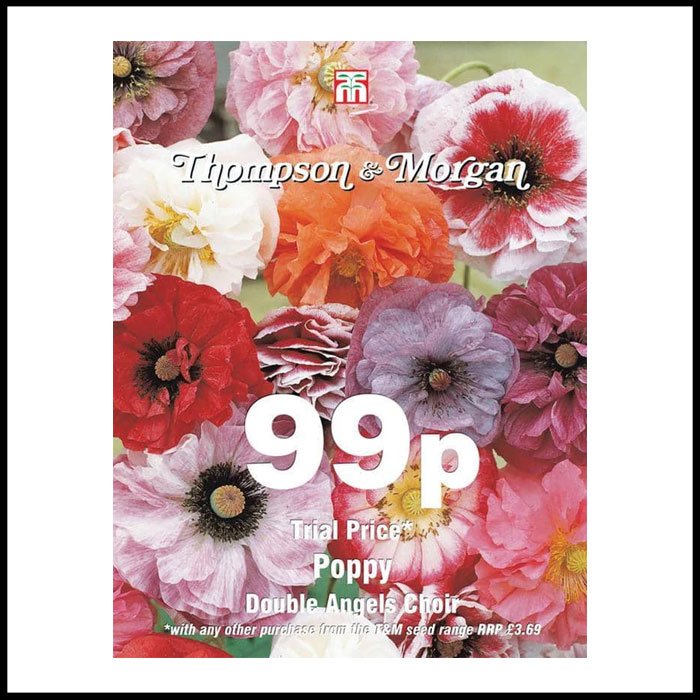 Image 1 of 2
Image 1 of 2

 Image 2 of 2
Image 2 of 2



Herb Fennel Bronze
The feathery foliage of this attractive Bronze fennel makes a handsome addition to the herb garden. This versatile hardy perennial herb has a multitude of culinary uses. Add the foliage to salads or use it to garnish fish dishes. Flavour soups, cakes and bread with the aromatic, aniseed tasting fennel seeds. Even the swollen bulbs of fennel can be used as tasty vegetable.
Height: 180cm (71"). Spread: 45cm (18").
The feathery foliage of this attractive Bronze fennel makes a handsome addition to the herb garden. This versatile hardy perennial herb has a multitude of culinary uses. Add the foliage to salads or use it to garnish fish dishes. Flavour soups, cakes and bread with the aromatic, aniseed tasting fennel seeds. Even the swollen bulbs of fennel can be used as tasty vegetable.
Height: 180cm (71"). Spread: 45cm (18").
The feathery foliage of this attractive Bronze fennel makes a handsome addition to the herb garden. This versatile hardy perennial herb has a multitude of culinary uses. Add the foliage to salads or use it to garnish fish dishes. Flavour soups, cakes and bread with the aromatic, aniseed tasting fennel seeds. Even the swollen bulbs of fennel can be used as tasty vegetable.
Height: 180cm (71"). Spread: 45cm (18").
Direct sow fennels seeds outdoors from March to July into well prepared soil in full sun when temperatures reach around 13-18C (55-64F). Sow seeds thinly into drills 1cm (½") deep and 38cm (15") apart. When fennel seedlings are large enough to handle, thin them out to 30cm (12") apart. Make regular sowings for a successional harvest.
When growing fennel, keep plants well watered, particularly during hot, dry periods. Fennel leaves can be harvested at any time. For fennel seeds, allow the flowers to fade and harvest once the seed heads have fully ripened. The tasty stems can be cut when they reach tennis ball size.
Culinary note: Some parts of these flowers are edible







